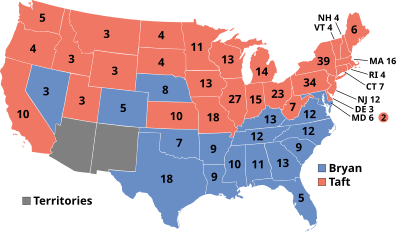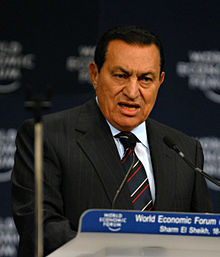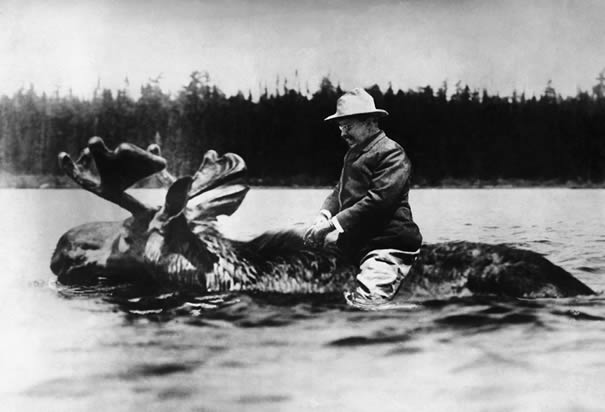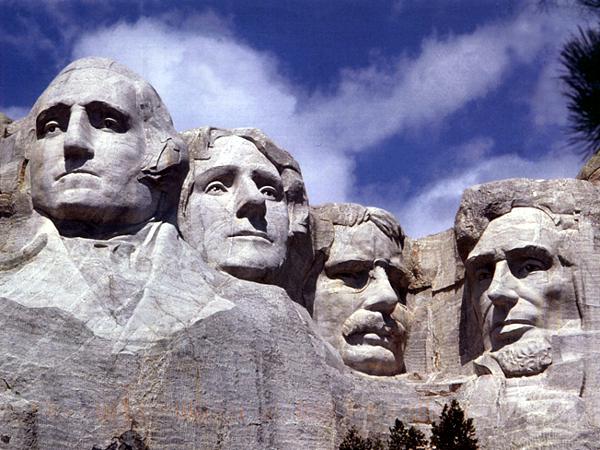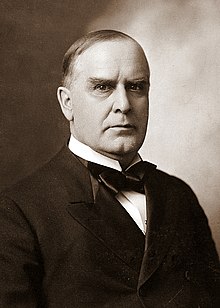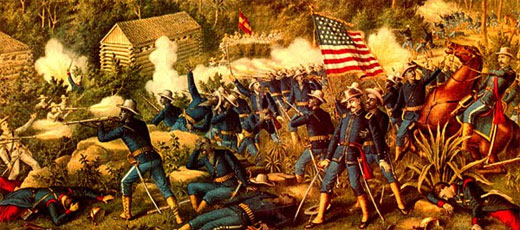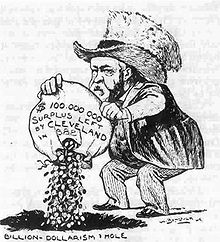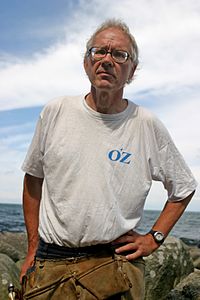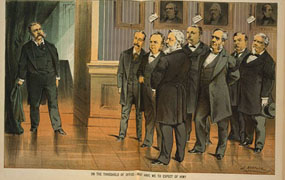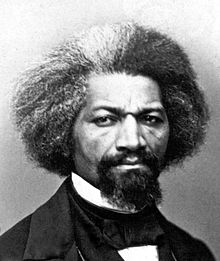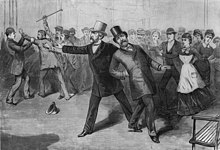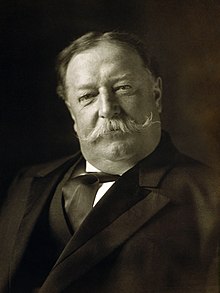
Perhaps due to the public's continued support for Theodore Roosevelt, Taft easily won the 1908 election with 51.6% of the popular vote to William J Bryan's 43%. However, this one-term president would come in last in the 1912 election, beaten by Woodrow Wilson and then Theodore Roosevelt (in his new Progressive or so-called 'Bull-Moose' party) in second. In fact, once-close political ally Theodore Roosevelt ran against Taft as he was quite unhappy with the way Taft was running the country.
| Presidential election results map. Blue denotes states won by Bryan/Kern, Red denotes those won by Taft/Sherman. Numbers indicate the number of electoral votes allotted to each state. | |||||
|
|
|||||
Some of Taft's domestic plans included breaking up monopolies, passing the 16 amendment (establishing an income tax), and reforming civil service and postal service. In foreign matters, Taft was an avid supporter of "Dollar Diplomacy," or using finances to support favored policies and combat unfavored policies. His support to Latin American countries was meant to increase security around the Panama Canal, though objections to Wall Street's involvement largely slowed the movement. One belief of Taft's that conflicted with many people in both parties was his large faith in world peace and his willingness to put the say-so of an international body over the US' nationalist self-interests. Arbitration treaties he signed with the UK and France that supposedly lessened the US' hand in its own fate only passed with modifications and the ability to veto an arbitration in the Senate.

Taft at Panama Canal inspection
All in all, Taft was a reformer- a 'wide-eyed idealist' in some people's view. He acted more from personal opinion than a party's platform, and lost many supporters from the Republican party that way. Had Taft been elected to a 2nd term, he would have President right at the start of World War II. It would have been interesting to see how this 'world-peace advocate' yet simultaneous champion of civil rights all around the world would have responded to the war. Instead, however, Woodrow Wilson became our President throughout World War I.

Sources: Wikipedia, White House.gov, Miller Center
